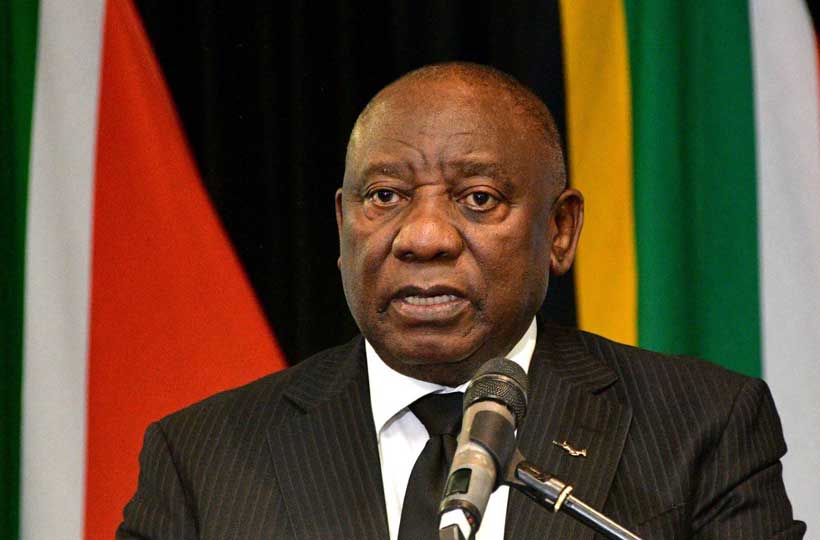In a significant move towards political unity, the African National Congress (ANC) under the leadership of Cyril Ramaphosa has established a broad coalition government, aiming to quell escalating tensions and integrate rival opposition forces like the Democratic Alliance (DA) and Inkatha Freedom Party. Dubbed as a historic step towards advancing political and economic achievements, this coalition signals a new era in South African politics with vast implications both internally and externally.
Amidst this political reconfiguration, Samir Bhattacharya, a research associate at the Observer Research Foundation (ORF), delves into the intricacies of these developments after the initial parliamentary sitting on June 14, 2024. Bhattacharya sheds light on the implications for South Africa within the Southern African Development Community (SADC) and African Union (AU), emphasizing the importance of understanding the evolving landscape.
The recent national election results have dealt a blow to the ANC’s majority status, prompting the formation of a coalition government with diverse parties like the DA and IFP. This move, while fostering cooperation among opposing parties, also raises concerns about potential ideological conflicts and policy gridlock. With no clear legislative or constitutional structure guiding the coalition, the path ahead remains fraught with challenges and uncertainties.
The influx of new political parties in the election highlights the shifting dynamics in South African politics, with differing ideologies and visions adding complexity to the coalition. Internal divisions within the ANC further complicate the scenario, as liberal and leftist factions vie for influence, potentially affecting policy decisions and governance strategies.
Looking beyond domestic affairs, foreign policy considerations loom large for the incoming administration, particularly in navigating relations with the West, China, and Russia. Amidst global upheavals like the conflict in Ukraine, South Africa must strike a delicate balance to safeguard its interests and maintain economic stability. The alignment of parties like the DA and EFF with specific international perspectives could influence South Africa’s foreign policy outlook, especially on contentious issues like Israel-Palestine relations.
As the coalition government grapples with these challenges, its performance will be closely scrutinized not only within South Africa but also on the global stage. The evolving political landscape poses a test for South Africa’s democracy, underscoring the need for stability and coherence in governance to ensure a prosperous future for the nation and the continent at large.
